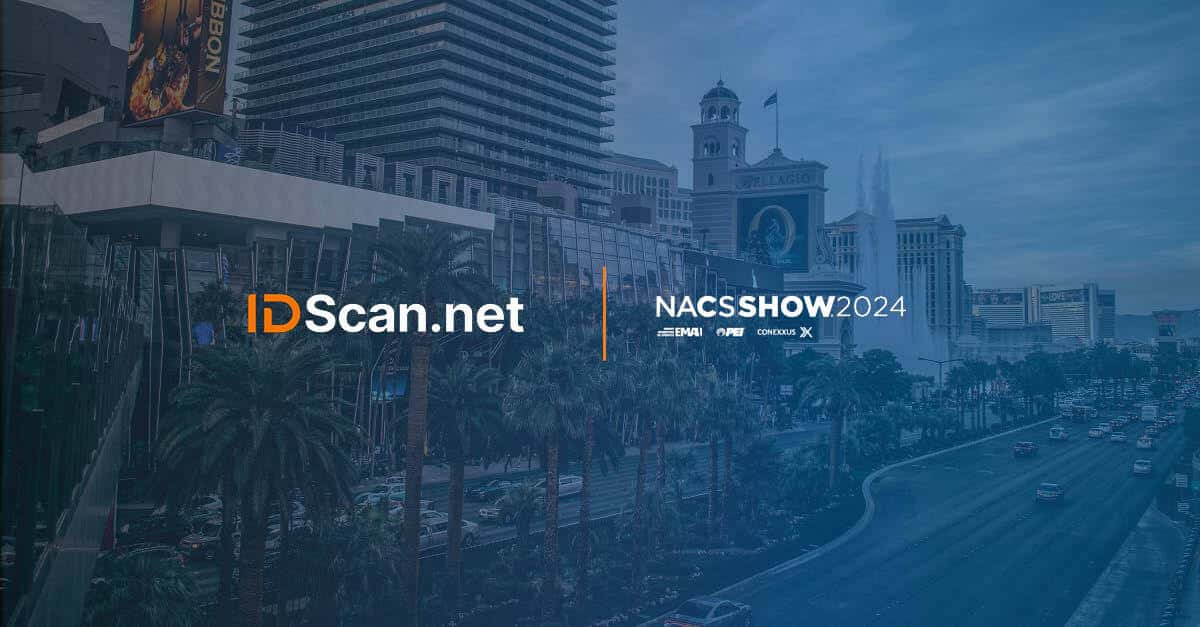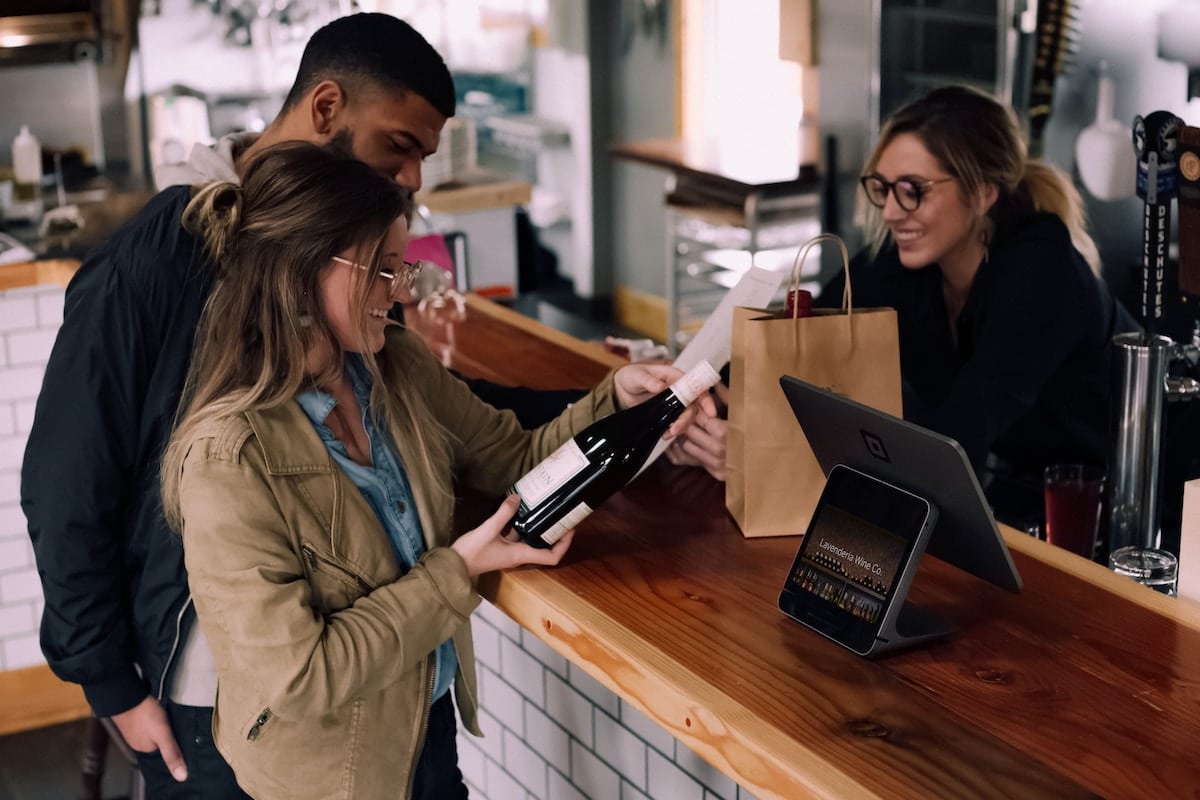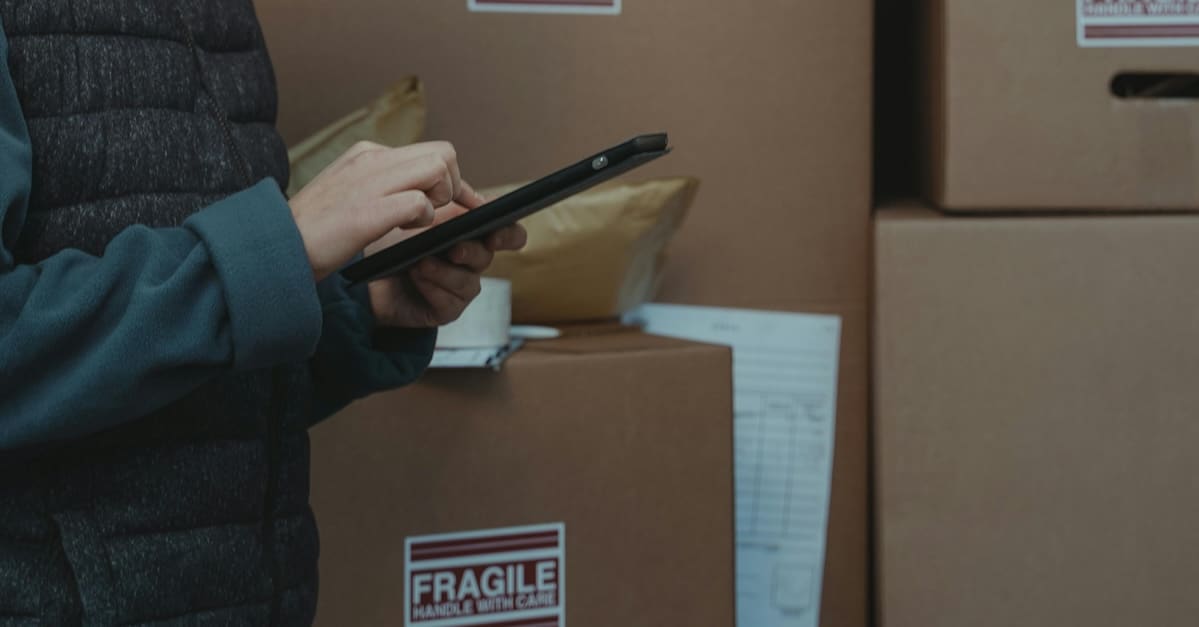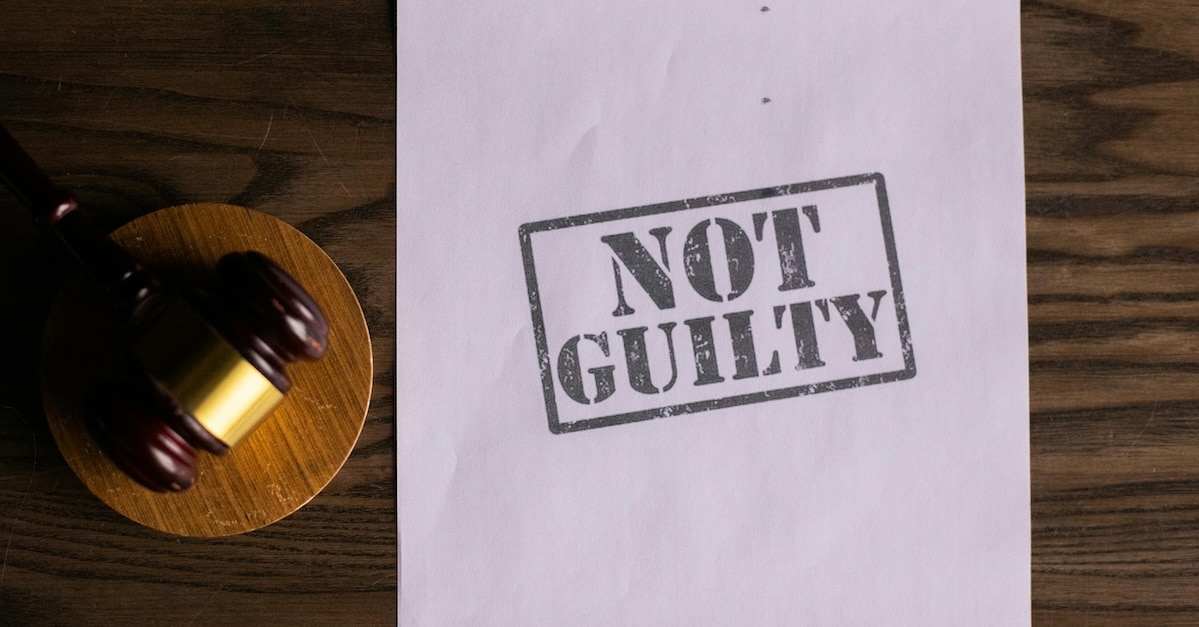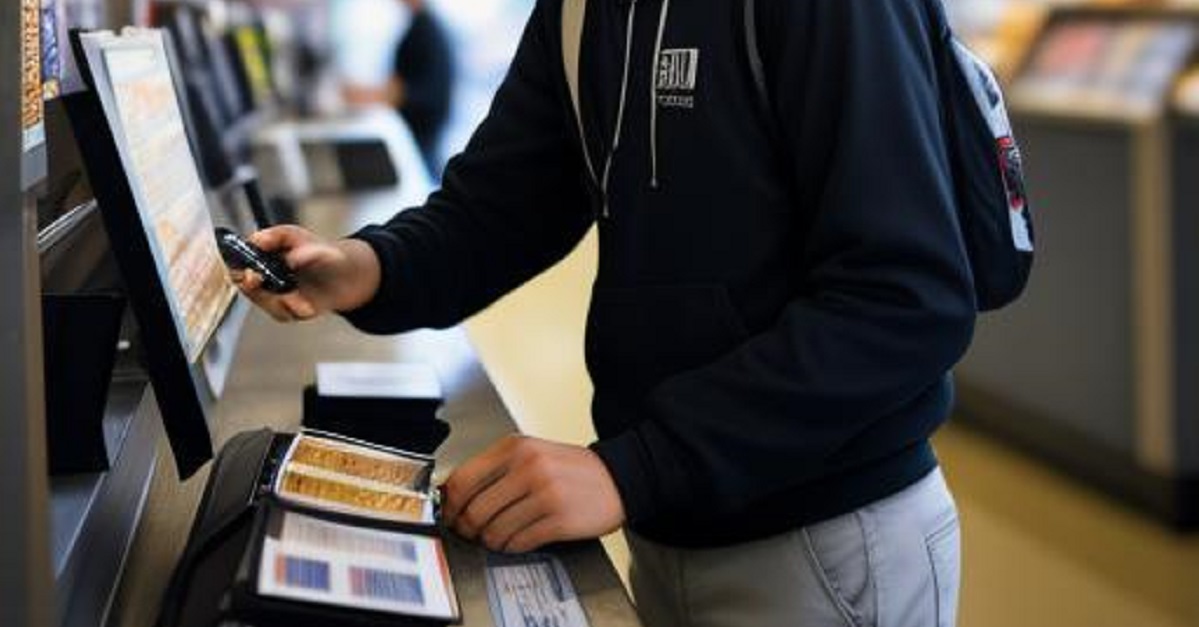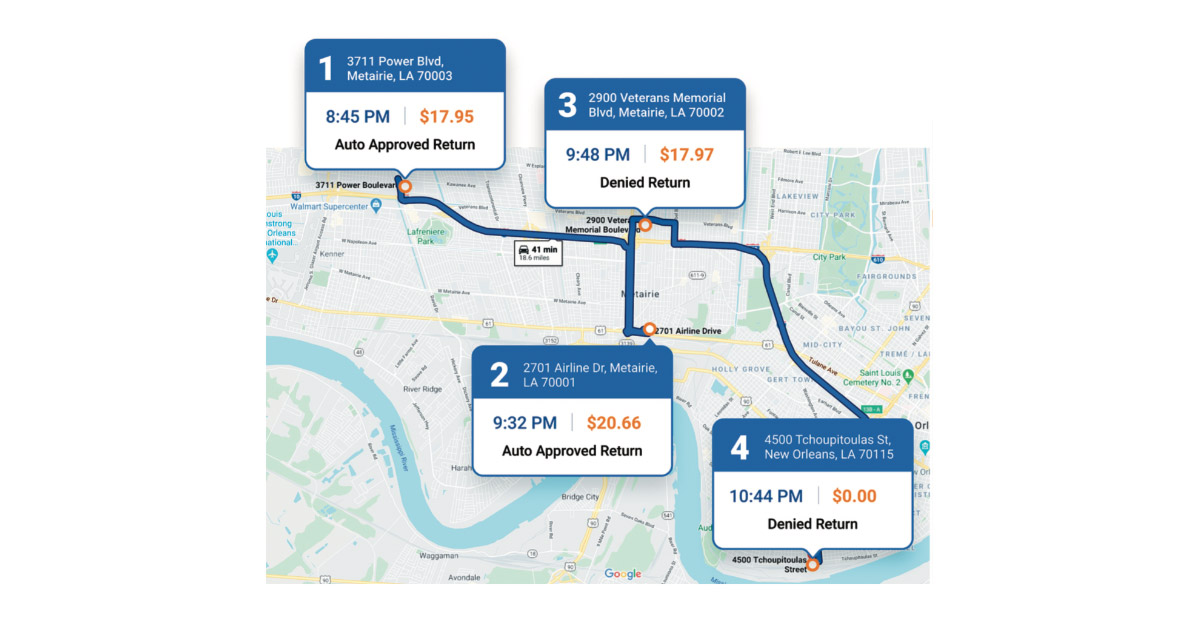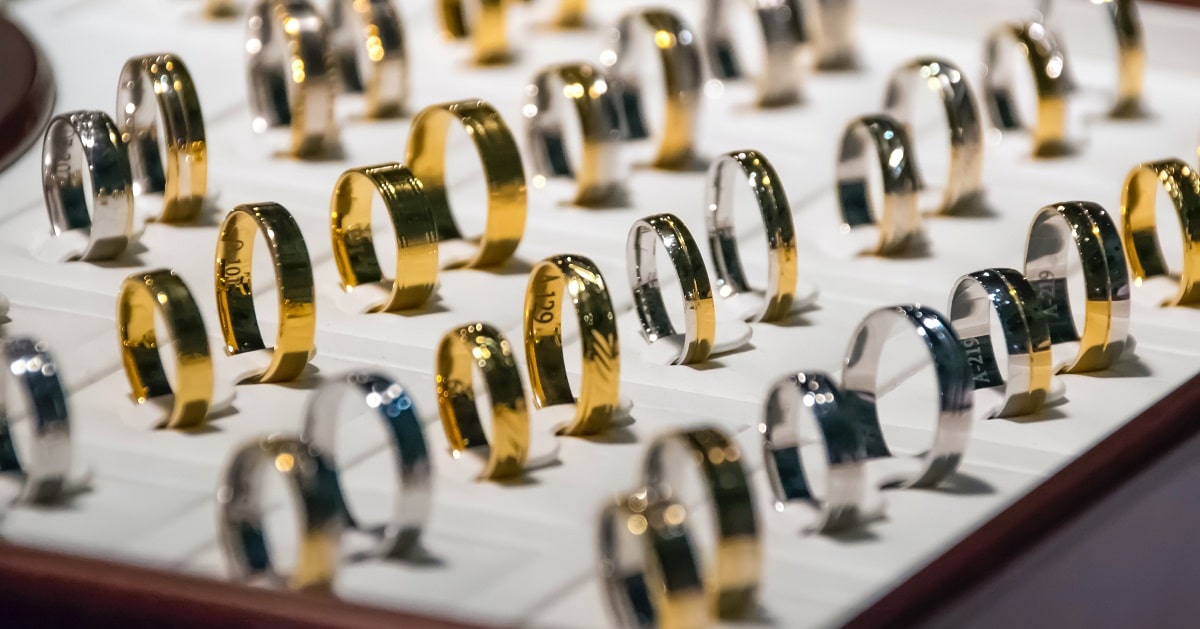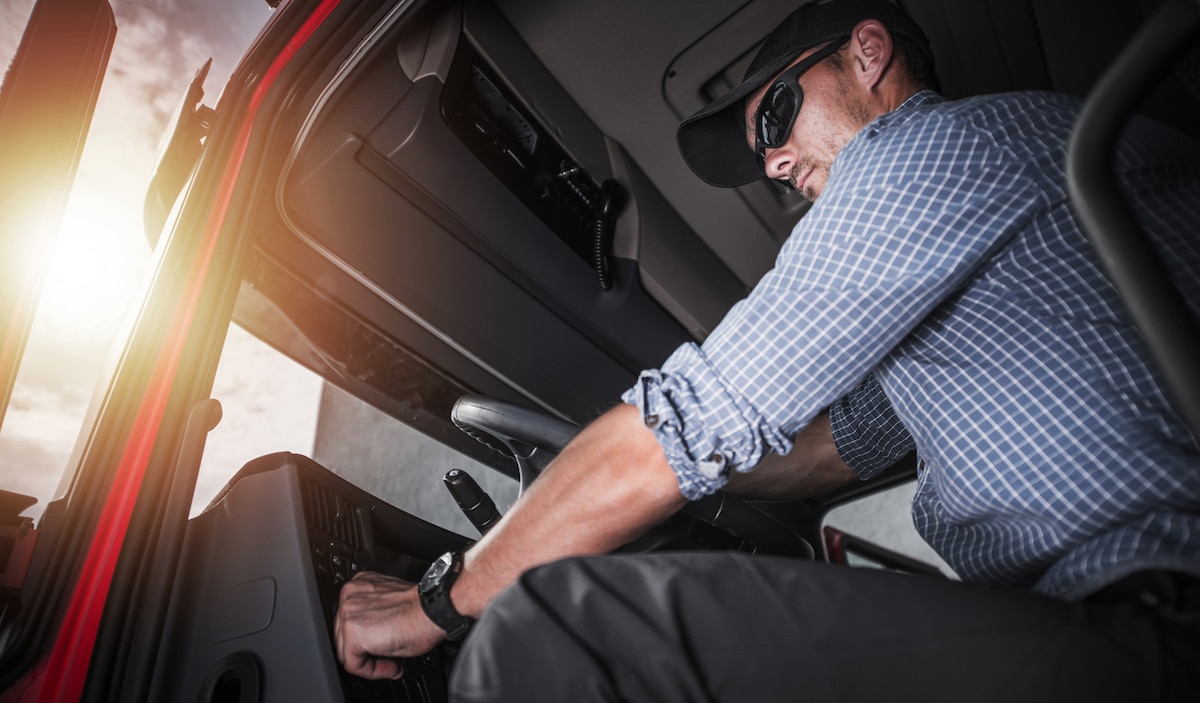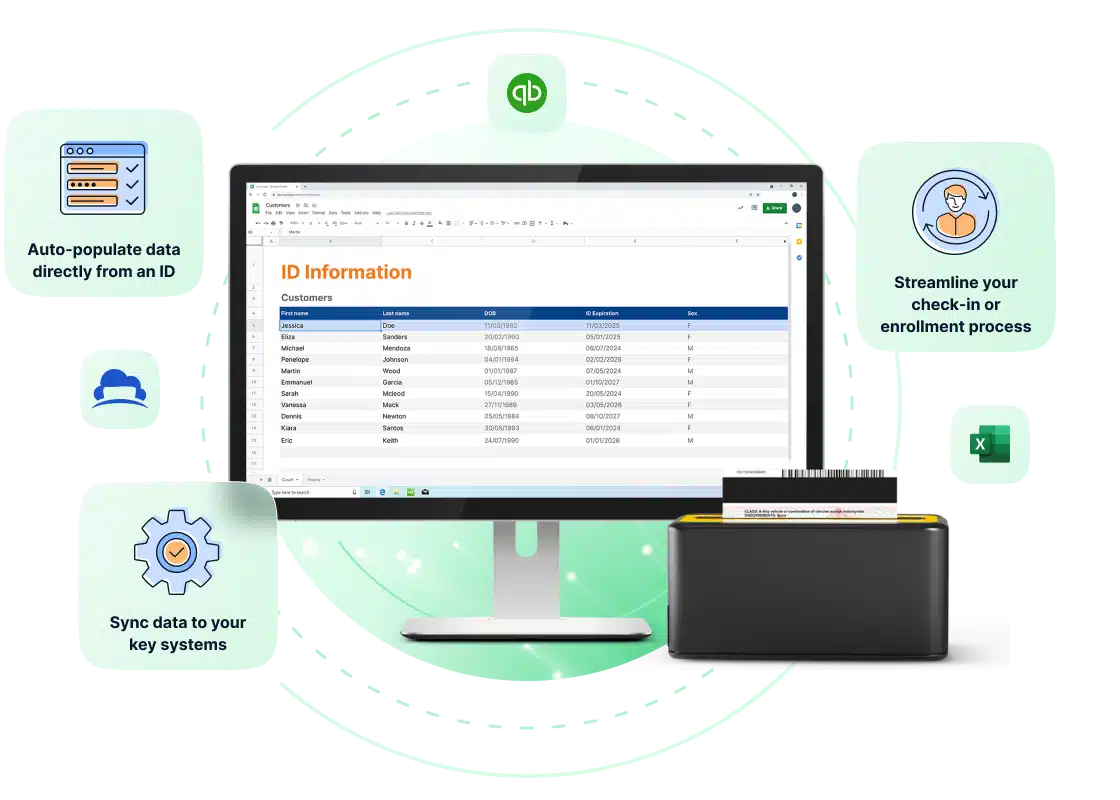IDScan.net
Retail
-
The National Association of Convenience Stores (NACS) Show is a fantastic opportunity to learn from industry leaders and understand the latest trends shaping the future of convenience retail. We were able to sit down with multiple operations professionals at NACS2024, to discuss their challenges related to ID scanning, security, age verification, and more. This year’s…
-
Effective January 1, 2025, Illinois SB 3098 will require all online tobacco related sales to employ age verification prior to sales.
-
ID scanning in retail environments is popular for a variety of reasons. It is commonly used for age verification at checkout, but is also used for returns to prevent return fraud, BOPIS fraud, or ID fraud used to help facilitate organized retail crime. Many consumers have questions and concerns about why and when their ID…
-
Pennsylvania is considering SB 117, which would require businesses with a wine expanded permit to use an ID scanner prior to any wine sales.
-
Pennsylvania recently signed SB 688 into law which allows approved retailers to sell canned cocktails along with other beers and liquors.
-
Maryland recently passed SB 1041 which allows for alcohol to be delivered to individual homes by approved retailers.
-
Missouri is considering a bill that would provide affirmative defense to retailers using age verification systems before alcohol transactions.
-
Maryland recently passed SB 1056, that will require certain licensed retailers to verify an individual’s DOB before selling tobacco products.
-
The threat of return fraud is looming over the grocery industry, posing an escalating challenge of both financial losses and lack of trust.
-
Ever wonder why pawn shops ask for ID from their customers? Find out the reasons here so that you can be more prepared in the future.
